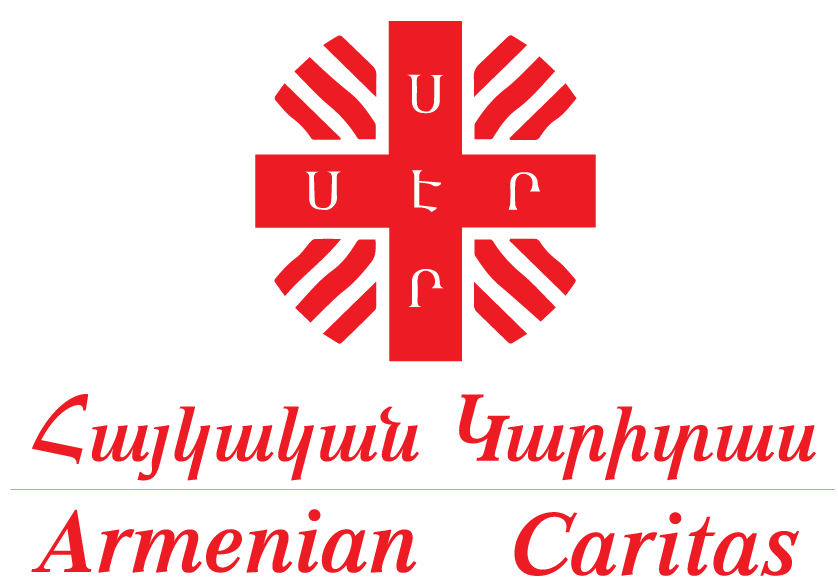02May
The activity of all the bodies, institutions and services dealing with children should be based on the principle of the best interests of the child. It means that the organization should operate in accordance with three main sub principles, which are child protection from any kind of danger or risks, protection of children’s rights and the promotion of child development.
Child protection as a component of the principle of the best interests of the child is stipulated in the UN Convention on the Rights of the Child. It states that every child has a right to such protection and care as is necessary for his or her well-being.
